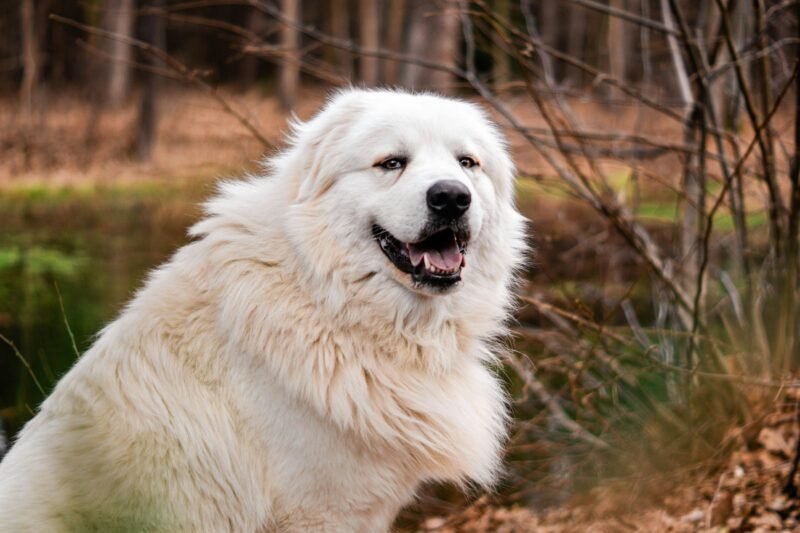The Shih Tzu is a small toy dog breed that originated in Tibet and later became a cherished companion of Chinese royalty. Its name, which translates roughly to “lion dog,” reflects the breed’s regal bearing and flowing mane-like coat. Bred primarily to warm the laps of emperors and nobles, these dogs were prized for their affectionate nature and distinctive appearance. Today, Shih Tzus are beloved family pets known for their cheerful disposition and adaptability to various living situations.
Historically, the Shih Tzu is believed to be the result of crossbreeding between the Pekingese and the Lhasa Apso. For centuries they were carefully guarded by palace breeders in China and were relatively unknown outside the imperial court until the early 20th century. When they were finally exported to Europe, Western dog enthusiasts standardized the breed, and it gained recognition by major kennel clubs. Modern Shih Tzus typically weigh between 9 and 16 pounds (4–7 kg) and stand about 9 to 10.5 inches (23–27 cm) tall at the shoulder.
One of the most striking features of the Shih Tzu is its long, dense double coat, which comes in a variety of colors and requires regular grooming to prevent tangles and matting. Daily brushing and frequent baths keep the coat healthy and free of debris, and many owners opt for professional grooming every four to six weeks. Despite their luxurious appearance, Shih Tzus are surprisingly sturdy and thrive on moderate exercise, such as short walks and playtime in the house or yard.
In temperament, Shih Tzus are friendly, outgoing, and affectionate. They typically get along well with children and other pets and are known for their loyalty to their families. Because they were bred strictly as companion animals, they crave human interaction and may become anxious if left alone for long periods. Health-wise, potential owners should be aware that the breed’s short snout makes it prone to brachycephalic airway syndrome, which can cause breathing difficulties, especially in hot weather. Regular veterinary check-ups, proper dental care, and a balanced diet will help keep these little dogs healthy and happy for their typical life span of 10 to 16 years.




